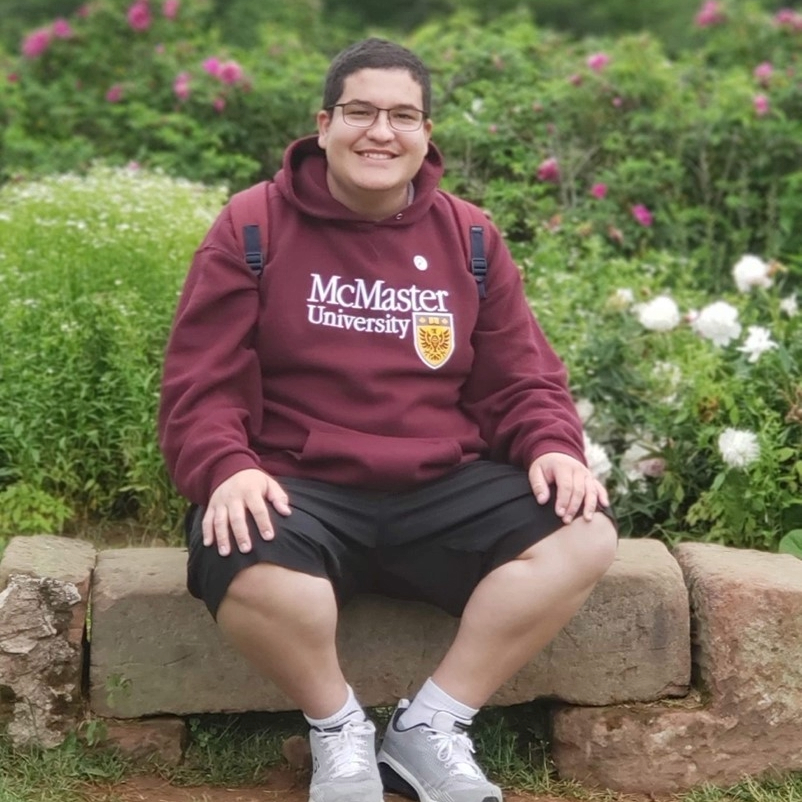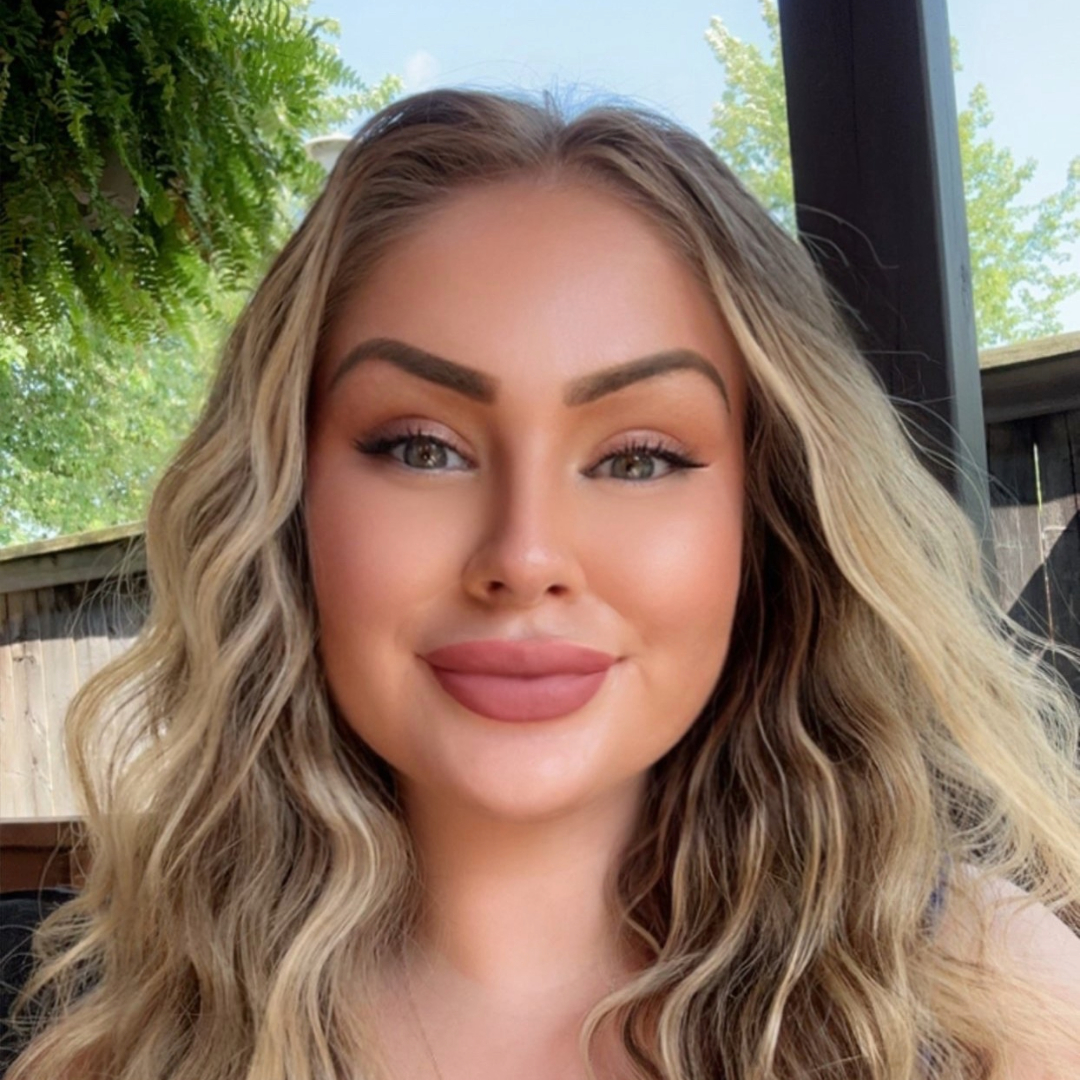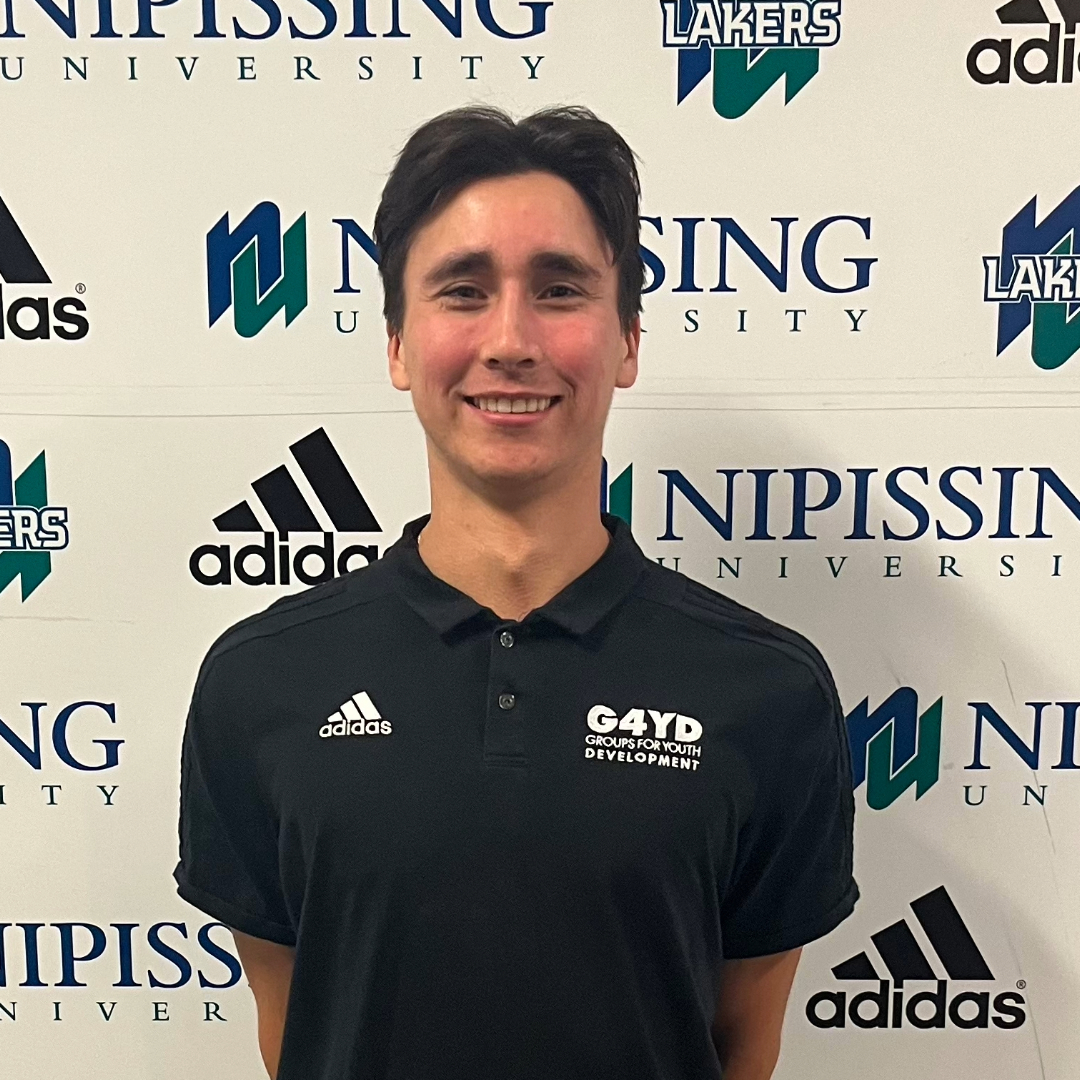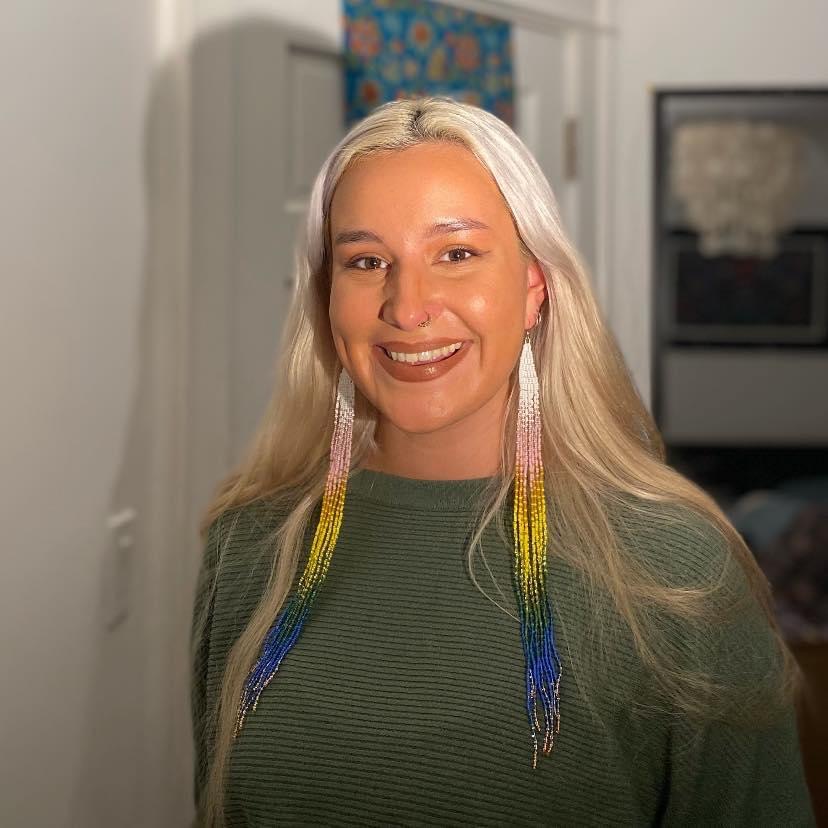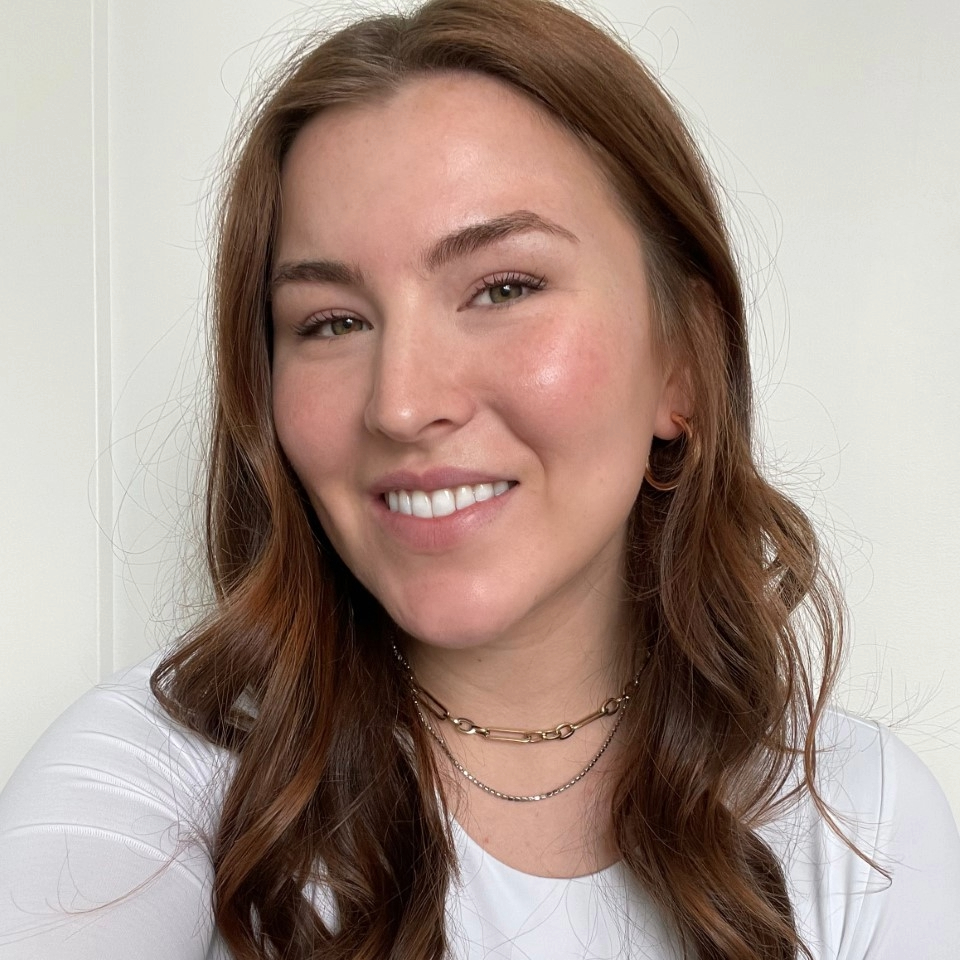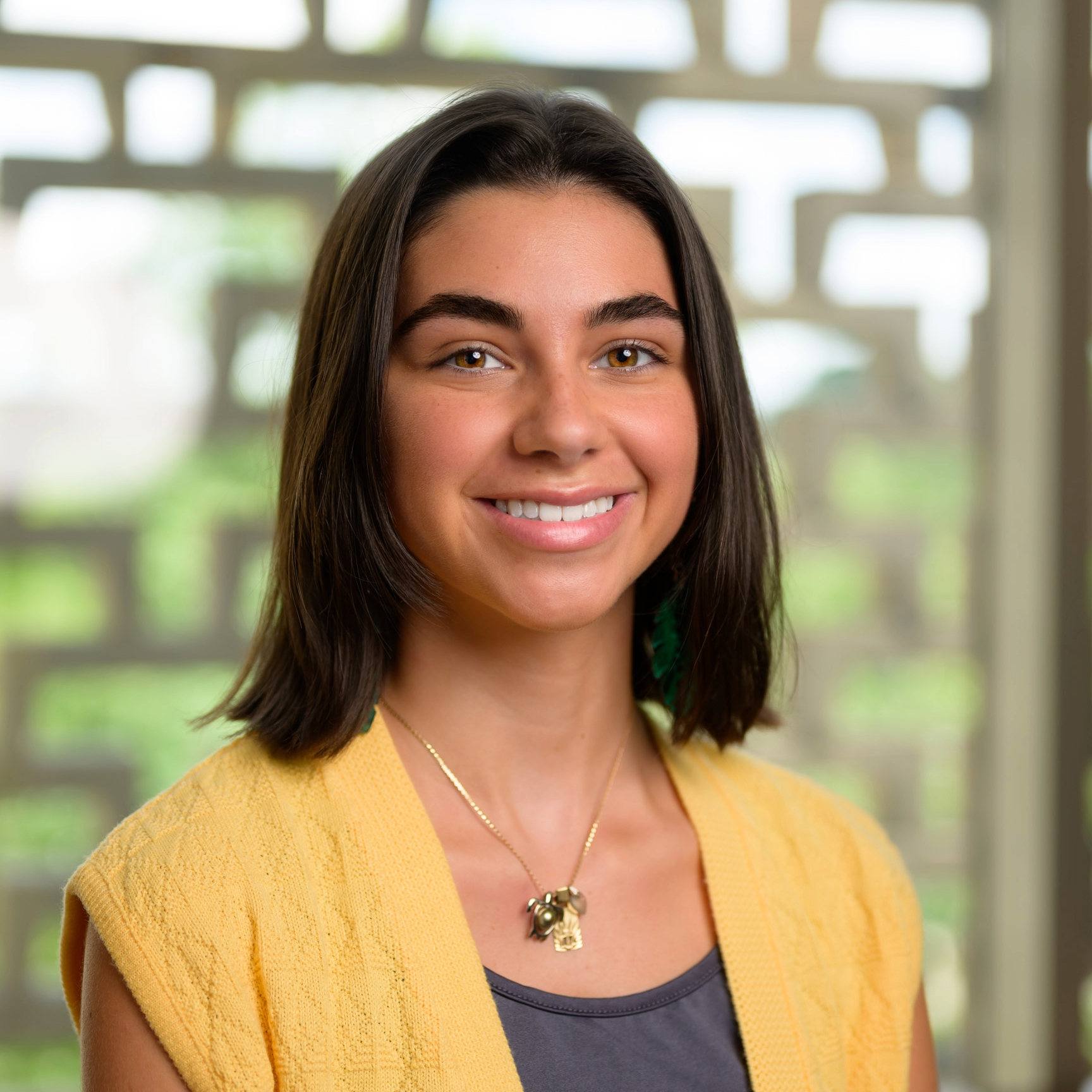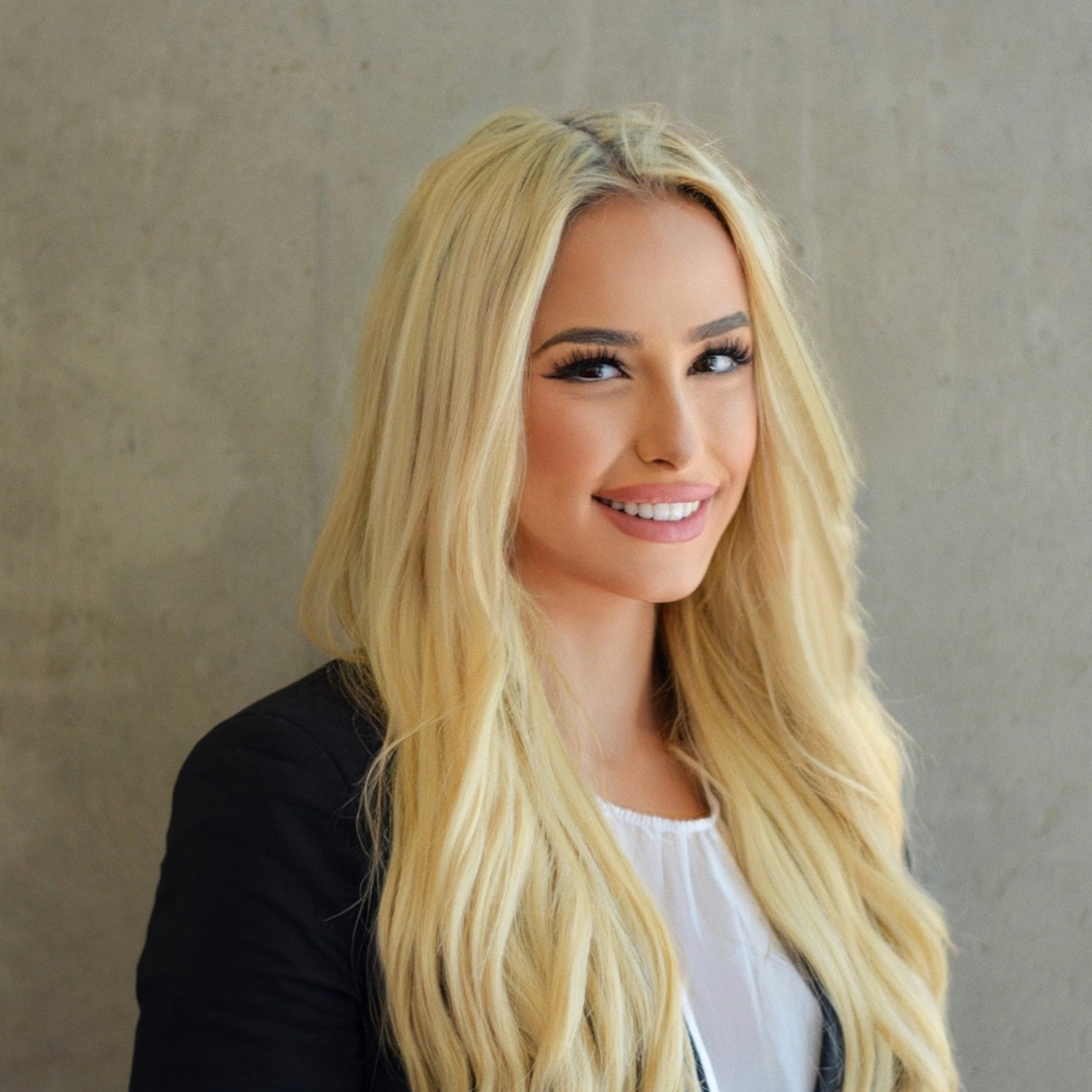Scholarships
Expandable List
The Indigenous Mentorship Network of Ontario (with funds from the Ontario NEIHR located at the University of Toronto) provides financial support for Indigenous graduate students (master’s or doctoral degrees) or health professional students (MD, OT, PT degrees) pursuing research in applied community-based Indigenous health and based at an Ontario institution. Financial support is provided in the form of scholarships.
All scholarships/fellowships are considered for a one-year term. Applicants may re-apply for each year of their program; however, awards are limited to two years per degree. Students pursuing a Master’s, Doctoral, or Professional degree are eligible to receive up to $20,000 per year. The amount will be pro-rated at 50% for part-time students.
IMN-Ontario will award a minimum of 4 scholarships in 2024/25. The CIHR scholarships will be paid by IMN-Ontario via McMaster University. All other awards will be paid by the awarding institution and only students enrolled at that institution will be eligible, for example, only McMaster University students are eligible for the McMaster University Scholarship.
| Graduate Level Scholarships Available from IMN-Ontario for 2024-25 | Scholarship Amounts |
| CIHR Research Scholarships | $20,000 X 3 |
| McMaster University Scholarship* | $20,000 |
| Nipissing University Scholarship* | $20,000 |
| Western University Scholarship* | $20,000 |
| *Students must be enrolled at awarding institution to be eligible | |
A student may hold another scholarship concurrently awarded by other major granting agencies, i.e., CIHR, SSHRC, NSERC, OGS; however, the total amount of all scholarships accepted must not exceed $35,000. It is the student’s responsibility to consider how success in this funding opportunity may impact other sources of financial support.
Eligibility Criteria
In order to qualify for an IMN-Ontario scholarship:
- The applicant must self-identify as an Indigenous student.
- The applicant must be accepted by an accredited graduate or professional program in province of Ontario for the 2024-25 academic year. Proof of acceptance is not required at the time of application, but is mandatory before any award funds can be released.
- The applicant must be undertaking or planning to undertake study in the area of community-based Indigenous health and well-being research.
Application deadline
All applications must be received by Friday March 15, 2024, at 4pm EST. No late applications will be accepted. All applicants will be notified of their result by mid-June.
For full information package (including evaluation criteria), please download the 2024 IMN Graduate/Health Professional Scholarship Information for Applicants document.
To apply, please complete the following form:
IMN-O Graduate/Health Professional Scholarship Application Form (2024/2025) (cognitoforms.com)
The Indigenous Mentorship Network of Ontario invites applications for scholarships from Indigenous students enrolled in an undergraduate program at an Ontario university. These awards are intended to support Indigenous students who are pursuing academic studies with the future goal of utilizing their degree within an applied Indigenous health community context.
All scholarships are considered for a one-year term. Applicants may re-apply for each year of their program; however, awards are limited to two years per degree. The amount will be pro-rated at 50% for part-time students.
Undergraduate Level Scholarships Available from IMN-Ontario for 2024/2025 |
Scholarship Amounts |
| Undergraduate Scholarships | $2,500.00 X 2 |
Eligibility Criteria
In order to qualify for an IMN-Ontario scholarship:
- The applicant must self-identify as an Indigenous student.
- The applicant must be accepted by an accredited undergraduate program in province of Ontario for the 2024-25 academic year. Proof of acceptance is not required at the time of application, but is mandatory before any award funds can be released.
Application deadline
All applications must be received by Friday March 15, 2024, at 4pm EST. No late applications will be accepted. All applicants will be notified of their result by mid-June.
For full information package (including evaluation criteria), download the 2024 IMN Undergraduate Scholarship Information For Applicants Document.
To apply, please complete the following form
IMN-O Undergraduate Scholarship Application Form (2024/2025) (cognitoforms.com)
These scholarships are made possible with financial support from the CIHR-funded Network Environments for Indigenous Health Research (NEIHR) – Ontario.
For more information on the Ontario NEIHR, please see their website by clicking here or scanning the QR Code.
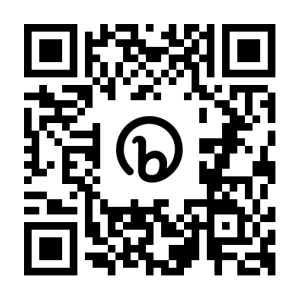
We gratefully acknowledge that the institution-specific scholarships are funded by those institutions.
Research Grants
The Indigenous Mentorship Network of Ontario (IMN-Ontario) is pleased to provide research grants for Indigenous PhD students, resident physicians, Postdoctoral Fellows, and New Investigators pursuing research in the area of applied community-based Indigenous health and well-being.
All research grants are considered for a one-year term. Indigenous PhD students, resident physicians, Postdoctoral fellows, and new investigators are eligible to receive a research grant of up to $5,000 per year.
Eligibility Criteria
In order to qualify for an IMN-Ontario research grant:
- The applicant must self-identify as an Indigenous PhD student, resident physician, Postdoctoral Fellow or New Investigator. A New Investigator is a scholar within the first 60 months of a faculty appointment;
- The applicant must be enrolled or must hold a faculty and/or physician appointment at an Ontario university or hospital; and,
- The applicant must be undertaking research in the area of applied community-based Indigenous health and well-being.
Application deadline
All applications must be received by Friday May 31, 2024, at 4pm EST. No late applications will be accepted. All applicants will be notified of their result in August 2024.
For full information package (including evaluation criteria), please download the 2024 IMN Research Grant Information For Applicants Document.
To apply, please complete the following form:
IMN-O Research Grant Application Form (2024/2025) (cognitoforms.com)
Summer Institute
The Indigenous Mentorship Network of Ontario (IMN-Ontario) is pleased to offer a summer institute July 15-19, 2024 at McMaster University for Indigenous students pursuing research in the area of applied community-based Indigenous health and well-being.
The theme for this year’s summer institute is “Knowledge Translation and Making Indigenous Data Meaningful”. Indigenous undergraduate and graduate students will develop skills in using online tools for knowledge translation and participate in workshops on Indigenous Data Sovereignty, Governance, and Communicating Data.
Travel, accommodations & meals will be provided. We invite Indigenous undergraduate, graduate and/or health professional students who are undertaking Indigenous health and well-being research who are registered at an Ontario University (or are residents of Ontario registered at a University outside the province) to apply to attend our 2024 Summer Institute.
To apply, complete the application by May 31st, with results sent to students by mid-June.
Awardees
The Indigenous Mentorship Network of Ontario (IMN-Ontario) is pleased to honour all past and present scholarship and grant recipients.
Expandable List
Research Grant Recipients |
|
|
|
Atik Bird is Beaver Clan from Opaskwayak, MB. Atik is s a member of the Montreal Lake Cree Nation of Saskatchewan. Atik is a mother of four, and grandmother of three. Atik has an M.Ed. from the Ontario Institute for Studies in Education (OISE) – (2016), and an MSc. – (2020), from the Rehabilitation Science Institute, at the University of Toronto. Atik is now embarking on a PhD at Queen’s University in Public Health Science.
Research Abstract A community-engaged approach to sleep and mental health in Akwesasne Mohawk Nation The Akwesasne Mohawk Nation, like many Indigenous communities across North America, suffer a variety of mental health challenges linked to the traumatic history of colonialism. Prevalent in Indigenous communities are a host of mental health challenges and related issues such as insomnia. Sleep improvements are associated with positive effects on health, especially on mental health. Cognitive Behavioral Therapy for Insomnia (CBT-I) is the treatment of choice in practice guidelines. CBT-I improves sleep, reduces depression and anxiety, provides a path for prevention and management of sleeping pill dependence. Due to a shortage of CBT-1 trained providers, Akwesasne, and other Indigenous communities have no access to this first-line insomnia treatment. This collaborative research will be conducted in accordance with the Tri-Council Policy Statement on Research Involving the First Nations, Inuit and Métis Peoples of Canada (TCPS2), and the First Nations principles of OCAP®. Research aims are to tailor a culturally relevant CBT-I training program for Akwesasne health providers and to measure its feasibility, acceptability, and preliminary effectiveness on sleep and mental health outcomes. This study will generate a stand-alone theoretical framework on sleep and mental health for Akwesasne. |
 Stephanie McConkey Stephanie McConkey |
Stephanie McConkey is Oneida nation, a member of Six Nations of the Grand River and has mixed European settler ancestry. Stephanie grew up in Brantford, Ontario and moved to London in 2010 to pursue post-secondary at Western University. She has a Bachelor of Arts in Kinesiology (Honours Specialization), a Master of Public Health (MPH), and a Master of Science in Epidemiology & Biostatistics. Currently, Stephanie is a Vanier-CGS scholar and a Ph.D. student in Epidemiology at the University of Toronto, supervised by Dr. Janet Smylie. In partnership with local Indigenous community, Stephanie’s PhD research is focused on using Indigenous understandings and frameworks of homelessness to develop, pilot, and validate a new population-based survey tool that measures risks of chronic and episodic homelessness among First Nations, Inuit, and Métis adults living in urban and related homelands. Stephanie also works part-time as a Research Program Manager at the Well Living House.
Research Abstract Title: Using Indigenous worldviews and understandings of homelessness to develop and validate a new population-level assessment tool that measures chronic and episodic homelessness among Indigenous peoples living in Toronto, Ontario Abstract: Indigenous peoples living in urban areas are more likely to experience homelessness compared to non-Indigenous peoples. Colonial definitions of homelessness do not consider Indigenous perspectives and understandings of homelessness and therefore likely underestimates the prevalence of chronic and episodic homelessness impacting First Nations, Inuit, and Métis (FNIM) living in urban and related homelands as well as the risk factors associated with homelessness. In partnership with Native Men’s Residence (Na-Me-Res) and with guidance of a local Reference Circle, a new survey tool that measures risks of chronic and episodic homelessness using Indigenous worldviews and understandings of homelessness will be developed, piloted, and validated. The new survey tool will be piloted across a random subsample of FNIM living in Toronto in the form of a follow-up WeCountCovid-19 (WCC-19) study. Statistical validation and reliability testing on the new survey tool will be performed. Based on feedback from the pilot, results of the statistical validity and reliability tests, and under the direction of Na-Me-Res and the local Reference Circle, the survey tool will be revised. To date, an indicator that measures risks of chronic and episodic homelessness among Indigenous peoples living in urban and related homelands does not exist. The same measures are used to describe homelessness for Indigenous and non-Indigenous peoples, thereby ignoring the impacts of colonialism and unique understandings and experiences of homelessness as they pertain to Indigenous individuals, families, and communities. An indicator that measures risks of chronic and episodic homelessness through an Indigenous lens will provide a culturally appropriate and relevant quantitative ‘evidence-base’ of the scope and severity of Indigenous peoples experiences of homelessness. |
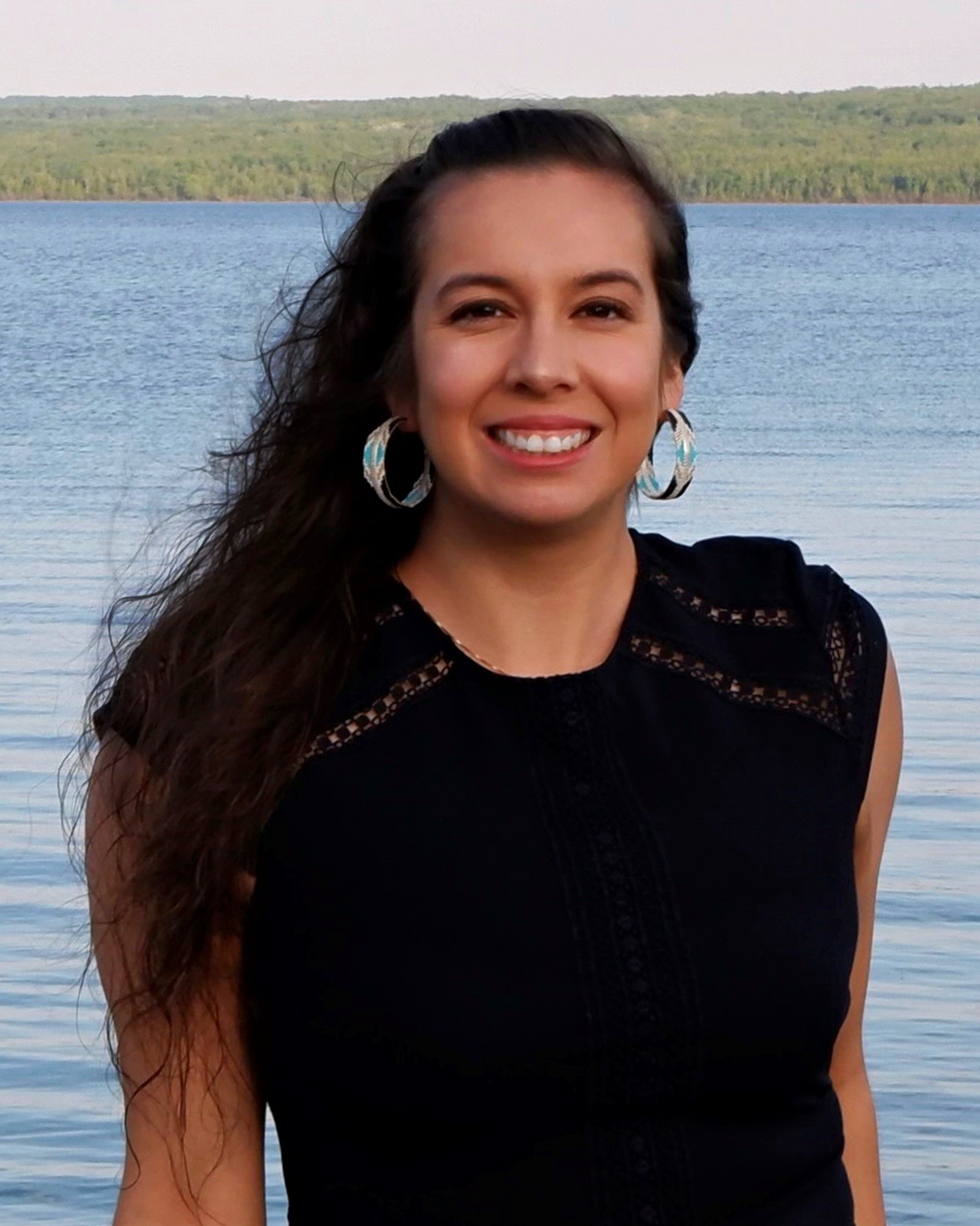 Shanna Peltier Shanna Peltier |
Shanna Peltier (she/her) is an Anishinaabe kwe from Wiikwemkoong Unceded Territory located on the beautiful Mnidoo Mnis (Manitoulin Island), Ontario. Shanna is a Ph.D. candidate in School and Clinical Child Psychology at the Ontario Institute for Studies in Education – University of Toronto. Shanna’s research prioritizes Indigenous wellness through critical appraisals of dominant approaches to suicide prevention. Her work is invested in highlighting the life promotion practices enacted within Indigenous communities which are built upon local Indigenous knowledges. Shanna is a psychological consultant at Kinark Child and Family Services – a community-based mental health clinic which supports children and youth with complex needs. As a psychological consultant, she provides psychological intervention and assessment services to children, youth, and their families.
Research Abstract Shanna’s dissertation project is titled: “The Way of the Good Life: An Anishinaabe Approach to Life Promotion and Suicide Prevention.” Shanna is researching with(in) her community of Wiikwemkoong Unceded Territory to explore historical and contemporary Anishinaabe life promotion and suicide prevention practices. Her dissertation acknowledges that Indigenous suicide is a complex form of death that necessitates a response type that is appreciative of this complexity and integrative in terms of diverse sources of intervention and prevention. The following question guides her work: “Aaniish Ge-zhi Naad-monh-naam-baa Wii Mina Bimaadiziyn?” Or how can we help you live well? Mino-Bimaadiziwin is an Anishinaabe philosophy that translates to “living a good life/the good life.” Her dissertation builds upon Indigenous philosophies of health, such as Mino-bimaadiziwin, as well as Indigenous and First Nations-specific frameworks of wellness (e.g., Indigenous Wellness Framework and First Nations Mental Wellness Continuum Framework). Specifically, Shanna’s dissertation has two main objectives: 1) to explore Anishinaabe young peoples’ understandings, lived experiences, embodiments, and imaginings of good living for themselves and their community, and 2) to deepen understandings and co-theorize with Anishinaabe community members about how the community-based responses to suicide in the late 1970s enacted, practiced, or brought into being mino-bimaadiziwin, promoted life and prevented suicide. |
Expandable List
Graduate Student/Health Professional Award Recipients |
||
|
Tristan Bomberry |
Tristan Bomberry is Cayuga Nation and a member of the Six Nations of the Grand River.
Growing up in Hamilton, Tristan pursued his journey at McMaster University, where he successfully obtained his Bachelor’s degree in Health Sciences in 2022. Currently, he is pursuing a Master’s degree in Health Research Methodology under the guidance of Dr. Jennifer Walker. Throughout the last few years, Tristan has actively engaged with research initiatives within the Six Nations community. Prior to pursuing his M.Sc., Tristan served as the project coordinator for the Onkwehón;we Health Check-in, one of the largest community health studies ever conducted solely by a First Nations reserve’s health authority. In addition to a dedication to community-driven Indigenous health research, Tristan is passionate about Indigenous research ethics. As a member of McMaster’s REB, he works towards preventing a repetition of historical injustices, where research had previously exploited Indigenous communities. Outside of school, Tristan enjoys playing badminton, listening to true crime podcasts, and spending time with his dachshund, Cooper. |
|
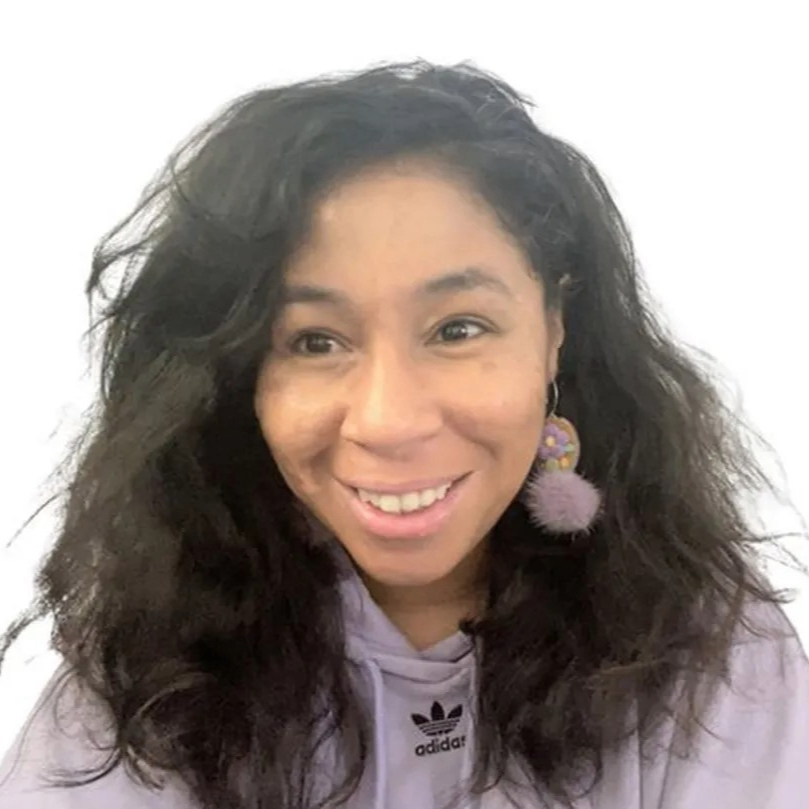
Victoria Bomberry |
E. Victoria Bomberry is Mohawk from Six Nations of the Grand River, an “Isten” (Mom) of one and a second-language speaker of Kanien’kehá:ka (Mohawk). Victoria earned her Hon. BSc. in Geography and Environmental Sciences at McMaster University and, under the supervision of Dr. Chantelle Richmond, her M.A. in Geography at Western University. Drawing from her Indigenous research experience with the Social Planning and Research Council of Hamilton, McMaster Indigenous Research Institute and Western University, Victoria has worked with and for Indigenous communities in numerous roles, most recently as an Indigenous Data & Policy Analyst for the Coalition of Hamilton Indigenous Leadership.
Victoria will begin her doctoral studies at Western University in fall of 2023. Her research will explore the health and well-being implications of Indigenous peoples who are contemporarily reclaiming and asserting their rights as Indigenous peoples in urban settings. |
|
|
Arielle Bressette |
My name is Arielle Bressette, and I am Anishinaabe from the Kettle and Stony Point First Nation in Southwestern Ontario. I hold a Bachelor of Arts Degree and am currently completing a Master of Professional Education Degree in Social Justice, Equity, and Diversity, both from Western University. My research will investigate how to bolster and leverage culturally relevant and positive mental health and wellness initiatives as essential building blocks for success in formal education programs for Indigenous youth. Longstanding needs within Indigenous communities and organizations have revealed a critical need for culturally appropriate programming and resourcing. Essentially, my academic, professional, and personal goal is to support Indigenous youth in their academic endeavours through an exploration of factors experienced by successful Indigenous students and their families during their studies in secondary and post-secondary schools. |
|
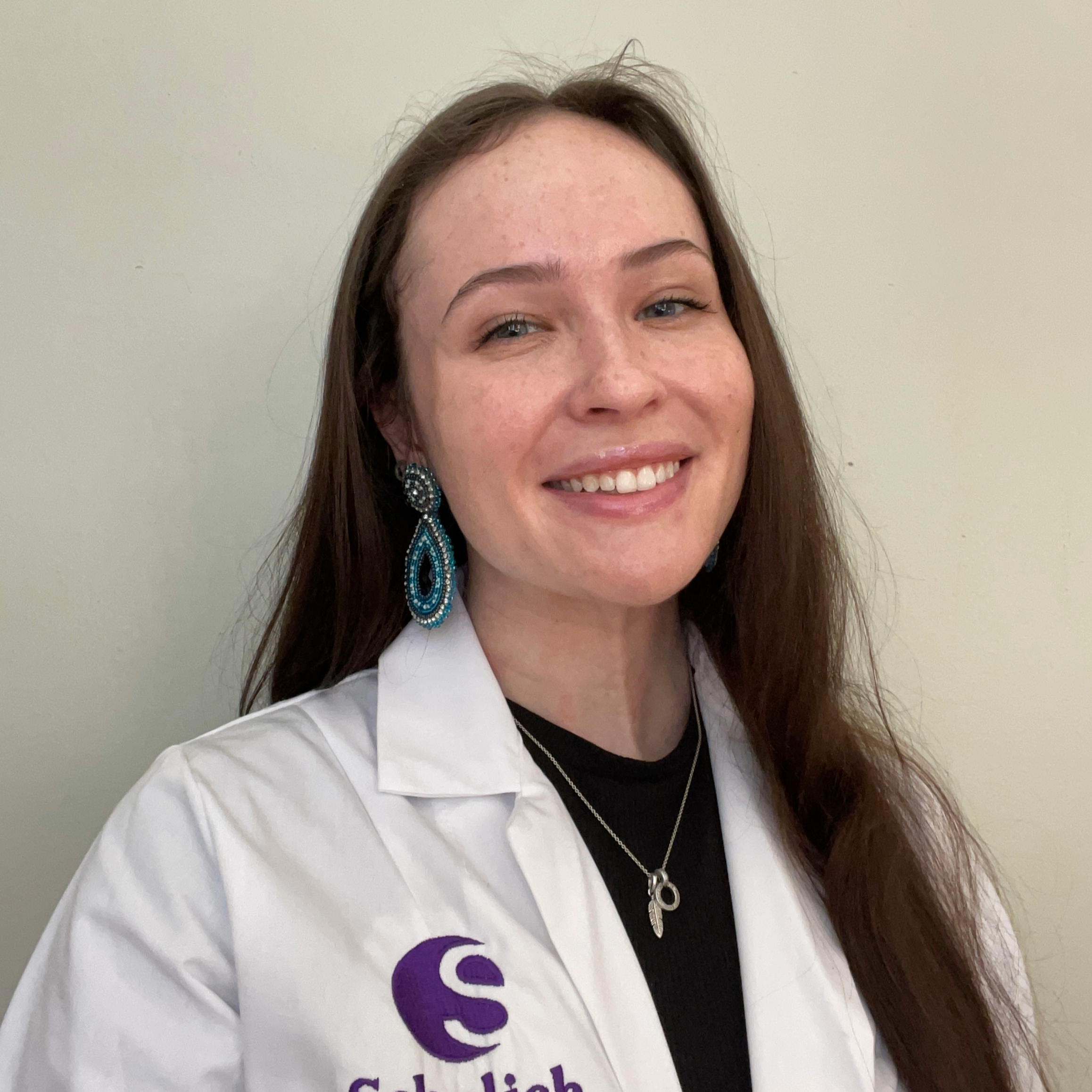
Taylore Miller |
Aanii! Waasese Bidishkwanjegehkwe nindigoo, Nimkii Binesi nindoodem, Sagamok Anishnawbek nindoonjii, Anishinaabekwe endow.
My name is Taylore Miller, my clan is Thunderbird, I am from Sagamok Anishnawbek, and I, as my ancestors before me, am an Anishinaabe woman. I also happen to be a third year Medical Student at Schulich School of Medicine in London, Ontario! Growing up, my family called ourselves “Urban-Nish”. We lived around Toronto and struggled to find cultural connections outside of our homes. However, as I’ve gotten older, I have been welcomed into many different communities and have learned more about reconnecting with my Traditional roots. In my family, we now have a younger generation growing with teachings we once thought would be lost to us. As a Medical Student on Turtle Island, I have been incredibly fortunate to have access to different opportunities. In particular, I have found myself growing passionate about learning to deliver both research and clinical care in an Indigenous way. My hope is to find ways to be both a Doctor and a Traditional Healer to provide quality care for Indigenous communities. I also want to bring more traditional teachings and Indigenous voices into medicine to ensure that quality care is received all over Turtle Island. |
|
|
Cade Nolan |
Cade Nolan is an Ojibway from Garden River First Nation. He is currently enrolled in the Master of Science in Kinesiology program at Nipissing University. He started his educational journey at Canadore College in the Strength and Sport Conditioning program to earn a college diploma. He then had the opportunity to enroll into a bridge program with the Limerick Institute of Technology in Ireland to study a Bachelor of Science in Applied Strength and Conditioning. Through Covid he was unable to return to Ireland, so he decided to transfer to Nipissing University in the Bachelor of Physical and Health Education program where he completed his undergraduate degree. Cade has plenty of experience working with athletes as a strength and conditioning coach, as he is the current strength and conditioning coach for the Nipissing Lakers varsity Women’s Basketball and Men’s Hockey teams. He is also a proud member of the Groups for Youth Development Lab at the university where this team has cultivated a number of projects for positive youth development and Indigenous youth mental and physical wellness. Cade’s graduate research will continue this trend of helping Indigenous positive youth development through sport and physical activity. |
|
|
Maggie Yakorenni:yo Powless-Lynes |
Shé:kon! My name is Maggie Yakorennio Powless-Lynes. I’m Mohawk Nation wolf clan from Six Nations of the Grand River, with Scottish ancestry through my dad’s side. I grew up on Grand River territory, and got my Bachelor of Science in Biochemistry from McMaster University. I am a recent graduate from the University of Toronto, where I completed my Master of Public Health, specializing in Indigenous health. My interest is in health research that operates with Indigenous methodologies, prioritizes community empowerment, and uplifts Indigenous cultural knowledge and sovereignty. I am also a beader, musician, and language-learner. I am honoured and grateful to be an IMNO Scholar and acknowledge the immense support I’ve received from my community and many Indigenous organizations, which has allowed me to continue my education. | |
|
Darienne Russell |
Hello, my name is Darienne Russell. I am Lusilyoo (frog) clan from Tl’azt’en Nation in Northern British Columbia. I am a graduate student at the University of Toronto completing a Master of Public Health in Indigenous Health. My research interests include womens health, gender-based violence, homelessness, and language revitalization. My lifelong goal is to be a strong advocate for Indigenous communities by promoting Indigenous rights and health. I am honored to be receiving this award and would like to thank the organizers for this amazing opportunity. Musi cho (thank you). | |
|
Olivia Thom |
Olivia is Oneida on her maternal side and comes from mixed settler descent. Her family comes from Oneida Nation of the Thames, in southwestern Ontario. She has a BA in Indigenous Studies with a minor in Women and Gender Studies. She has started her MA at the University of Guelph in the Geography, Environment, and Geomatics program, under the supervision of Dr. Diana Lewis. For her master’s thesis she is working with her home community to develop an environmental health and wellness survey that is going to adequately account for Indigenous environmental health and risk assessment in the community. The assessment will include the environmental contamination and other health and wellness impacts the community experiences and how their mental, physical, spiritual and emotional health and wellness is impacted. Olivia is very passionate about Indigenous environmental health equity and feels lucky to be able to pursue a career path that aligns with her culture, passion, and personal journey. | |
Undergraduate Award Recipients |
||
|
|
Brooke Gelinas is a health sciences student at Western University. She strives to promote diversity, equity, and social inclusion at Western University and in the community to build respectful and mutually beneficial relationships with students, community members and Indigenous communities. As Western University’s Métis Nation of Ontario Infinite Reach Facilitator, she helps incoming students adjust to university life while encouraging the maintenance of traditional Métis values and practices. Brooke’s research interest is rooted in Indigenous health promotion. She is currently assessing health behaviours during COVID-19 and the knowledge of dementia and dementia risk factors among Indigenous older adults in the Exercise and Brain Health Mobility Laboratory. Study findings may help highlight areas for improved dementia literacy and healthy lifestyle resources for the Indigenous population to promote improved physical and cognitive health. Her personal interest stems from a desire to find ways to improve the health of Indigenous populations and her passion for health sciences. | |
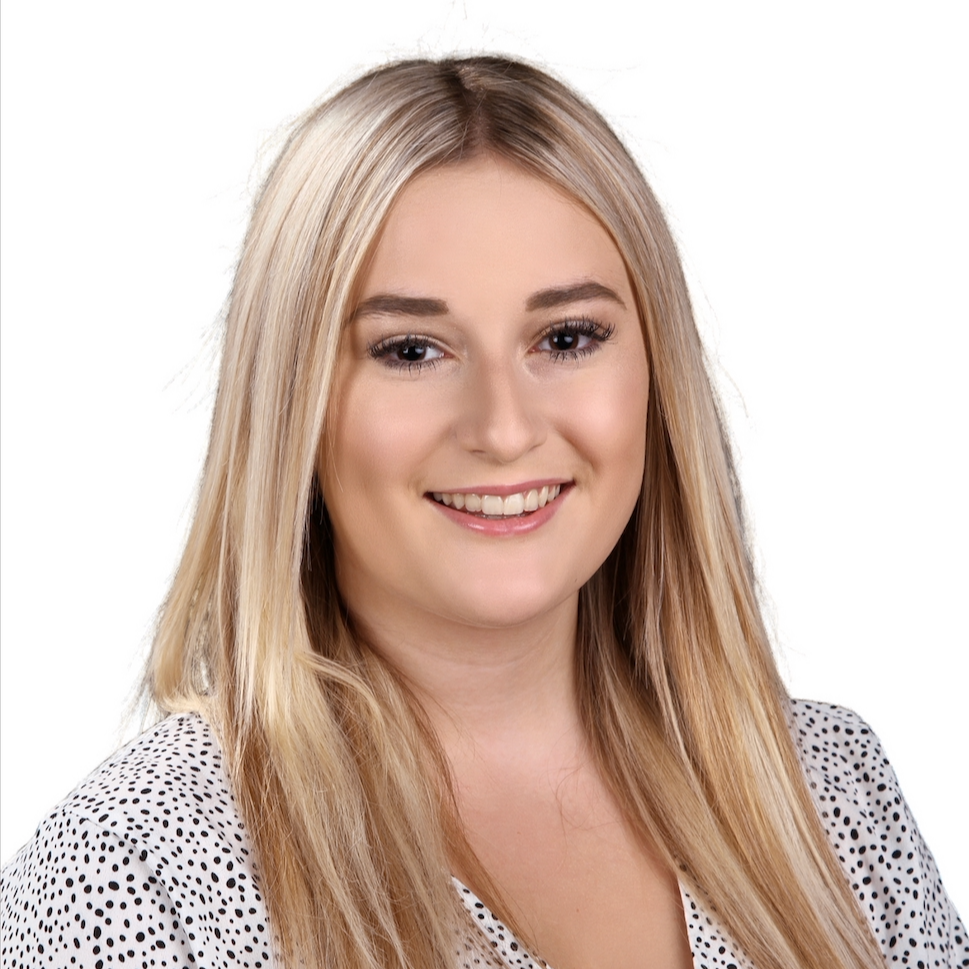
Emma Gelinas |
Emma, a second-year Health Science student at Western University, is driven by a profound commitment to fostering diversity, equity, and social inclusion both on campus and within the broader community. Her dedication extends to cultivating respectful and mutually beneficial relationships with students, community members, and Indigenous communities. In her role as Western University’s Métis Nation of Ontario Infinite Reach Facilitator, Emma helps incoming students transition smoothly into university life. She also takes great pride in promoting the preservation of traditional Métis values and practices among her peers. A visionary and compassionate leader, Emma was instrumental in establishing her school’s Truth and Reconciliation Committee. Through this initiative, she actively seeks to enhance awareness and understanding of Indigenous cultures among students and community members of all ages, aiming to foster a spirit of lifelong allyship with Indigenous people. Emma’s dedication to making a positive impact on Indigenous youth is further exemplified by her efforts in organizing camps tailored to their needs. Her personal interests are grounded in a profound desire to contribute to the improvement of Indigenous populations’ health, and her unwavering passion for health sciences fuels her pursuit of these important goals. | |
To see awardees from 2018-2022, please visit the IMN-O at Western University website.

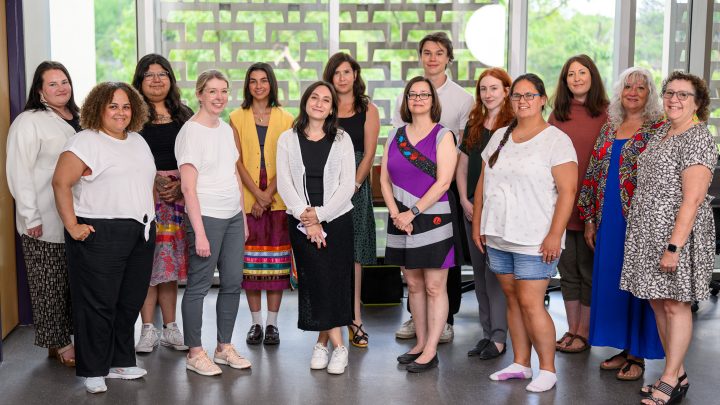
 Atik Bird
Atik Bird